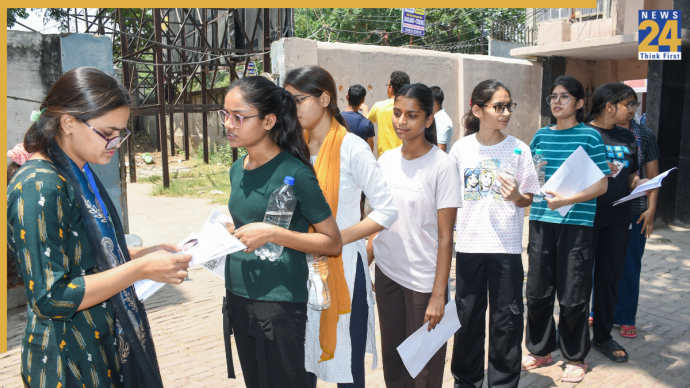The Yogi Adityanath led Uttar Pradesh government has made a significant decision to eliminate Urdu-Persian terms from registry documents. Sub-registrars will no longer need to undergo Urdu language testing, a requirement that previously followed their selection through the Public Service Commission for permanent employment. The move comes due to the extensive use of Urdu-Persian in official papers. The Yogi government intends to replace these terms with common Hindi words, proposing amendments to the Registration Act of 1908.
The government’s move aims to modify the registration process in Uttar Pradesh, a system established under a law formulated during the British era. This law promoted the use of Urdu and Persian in official documents, resulting in a prevalence of complex terminology that posed challenges for Hindi speakers. Registry officers were mandated to learn these languages, necessitating candidates recruited at the Sub-Registrar level to pass an Urdu examination after their selection through the Public Service Commission.
Candidates underwent specialized training in Urdu encompassing writing, typing, speaking, grammar, and translation, spanning a two-year probationary period. Successful completion of this language examination was pivotal for the permanence of their positions.
However, the state government has deemed the continued use of Urdu-Persian in official documents unnecessary. It found the requirement for officers to undertake special language training and subsequent examinations for permanent appointments unjustified. Instead, the Yogi Adityanath government has decided to evaluate candidates based on computer knowledge, eliminating the need for Urdu proficiency examinations.
Additionally, significant alterations are underway in the Stamp and Registration Act of 1908 to substitute Urdu and Persian vocabulary with simpler Hindi words comprehensible to all. The state government intends to soon table this proposal in the cabinet. This modification aims to facilitate candidates and enable the public to comprehend government documentations more easily.
Currently, documents like property registries in tehsils, court cases, and written complaints in police stations extensively incorporate Urdu and Persian terms. The proposed changes seek to enhance accessibility and understanding for the general populace by introducing language that is more universally understandable in official paperwork.













